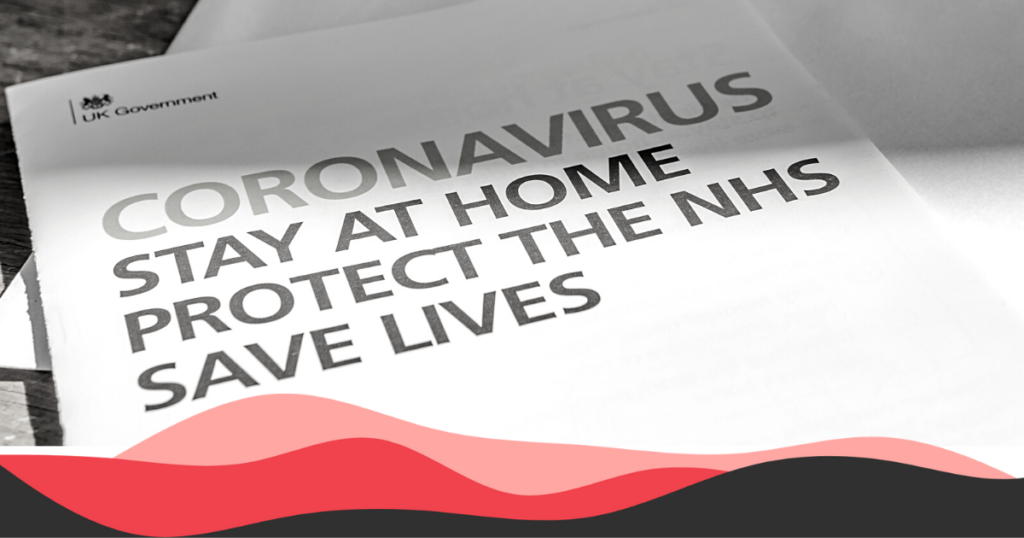COVID-19 was downgraded by the UK Government on 19 March 2020 because it was deemed to be better understood, testing was available, and clinical awareness had risen.

COVID-19 was first classified as a High-Consequence Infectious Disease (HCID) in the UK on 16 January 2020, when it was referred to as the “Wuhan novel coronavirus WN-CoV”. It was then downgraded from HCID status by the UK government on 19 March 2020.
However, important context is missing from this simple-sounding statement.
In the UK, an HCID is defined according to the following criteria:
- acute infectious disease;
- typically has a high case-fatality rate;
- may not have effective prophylaxis or treatment;
- often difficult to recognise and detect rapidly;
- ability to spread in the community and within healthcare settings; and
- requires an enhanced individual, population and system response to ensure it is managed effectively, efficiently and safely.
The UK government explained:
“Now that more is known about COVID-19, the public health bodies in the UK have reviewed the most up to date information about COVID-19 against the UK HCID criteria. They have determined that several features have now changed; in particular, more information is available about mortality rates (low overall), and there is now greater clinical awareness and a specific and sensitive laboratory test, the availability of which continues to increase.”
The government also stated that cases of COVID-19 were no longer only managed by high consequence infectious disease treatment centres.
This fact check was part of FactCheckNI’s investigation into multiple claims made in a leaflet distributed in parts of Lagan Valley constituency.
FactCheckNI is Northern Ireland’s first and only dedicated independent fact-checking service and a verified signatory to the International Fact-Checking Network’s Code of Principles. You can learn more about about FactCheckNI, our personnel, what our article verdicts mean, and how to submit a claim.


